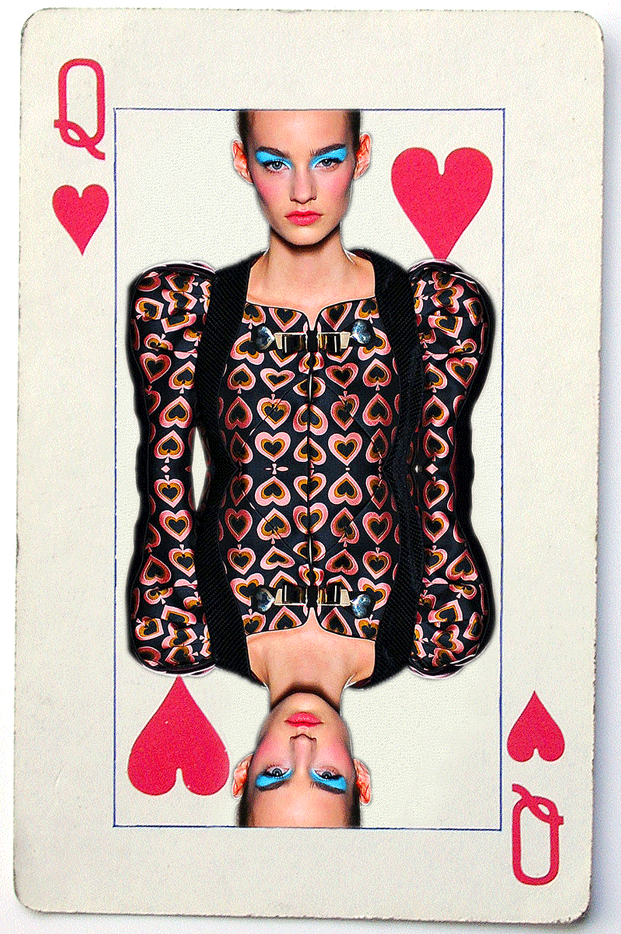


Documentaries are no longer solely an investigative vestibule, asking questions about things in our world that we don’t fully understand. These sorts of enqueries are now reserved for BBC specials while the independent documentary genre dies a slow death in the deepest corners of Netflix. Today, documentaries are created by the people, for the people and highlight the one thing this world needs- truth.
Protest tends to garner more attention and inspires people to listen if it captivates their interests. If you like to party, you may go to a club night a strict homophobic, only to be swayed into appreciation of the drag performance in front of you. Same to film buffs watching live footage of the street brutality in Egypt and museum-goers shocked by images of young refugees in Libya. Image is a powerful tool to invoke response from otherwise uninterested individuals. Horrific daytime television adverts featuring a shiny celebrity’s voice over pleading for donations to aid abused dogs and malnourished children spring to mind. Unlike this bleak diversion that one immediately mutes or skips past, images of protest must be relayed far more intelligently if immediate action is the aim. Media in all of it’s forms connects people in the world like no other time in history and is therefore the most effective medium of deliverance.
This month, Vice magazine online highlighted films created on smart phones, out of desperation in an effort to reflect the dire reality. By telling personal stories of strife, viewers experience a greater sense of empathy. Unlike the images of war and poverty they see on the news, these people have names and faces and don’t deserve the hand they have been dealt. In Adam Curtis’ new film Bitter Lake (now streaming on iPlayer), hours of untouched footage straight from the people affected by war in Afghanistan is free and accessible to anyone. This makes viewers aware of an issue in ways not ever possible before.
In May of this year, We Are Many, the story of the largest protest in history (against the war in Iraq in 2003) opens to audiences across the UK. Many shows have already sold-out as people desire to watch how a handful of activists sparked a protest that grew to include 20 million people across the globe. This kind of influence is power made possible only by the rapid sharing of ideas.
Slowly but surely, the fashion industry has joined the cause to fight for a cause. For high street brands GStar and Uniqlo it’s all about the ocean. Fashion films and celebrity capsule collections help to promote awareness for plastic waste ending up in our seas for all eternity. We know what you’re thinking, the world of fashion feeds off of plastic from it’s prototype in Barbie to diffusion branding in iPhone cases to it’s endless packaging in retail environments. Fashion is at it’s core, there to earn money by capitalising on the creative notions of the weak to sell to the stupid. So where is the morality? Fashion is also about symbolism, the simple planet in orbit on a watch or pin evokes instantly the strife of Vivienne Westwood.
In 2013, a collection bearing badges with the face of imprisoned Wikileaker and gay former US solider Chelsea (formerly Bradley Edward) Manning. The veteran British designers continuously uses her fashion shows as a form of performative protest but is it enough?
Film has been noted by Fashion Monitor and WGSN as the most important point of contact between a fashion brand and it’s customer this year. Surely these films are also the way to get a message of protest across.
We share and react via social media about everything from world events, brand new information to LOL cats. Videos are viewed and spread like wildfire of knowledge, allowing for anyone to have their say and actually be heard. Be it police racism, child sex offenders or climate change, the internet is rife with opinions on massive social issues in our world but nothing speaks louder than the truth. Film what you know to educate others in what you believe and the knowledge will last forever
We leave you with the powerful and inspiring words of Dame Westwood herself:
"We live in a terrible world. Please wake up to it and see what you can do about it. Everything we're told is a myth; a made-up story. You have to get the true facts because information is power."
Image courtesy of i-d magazine






